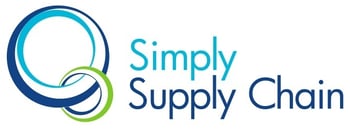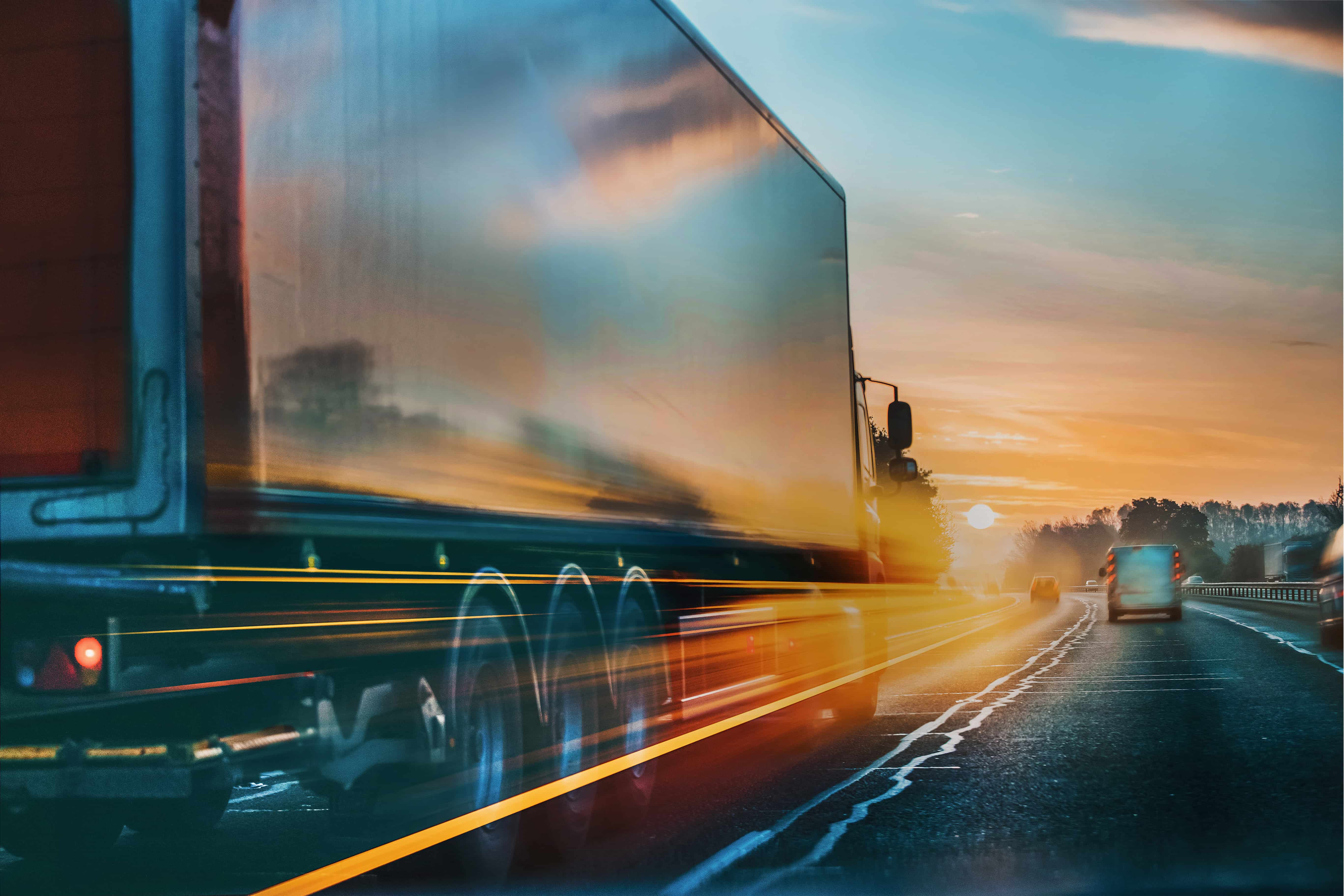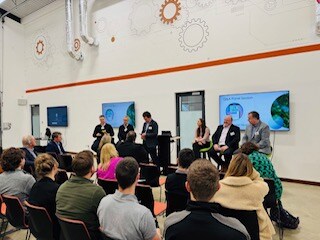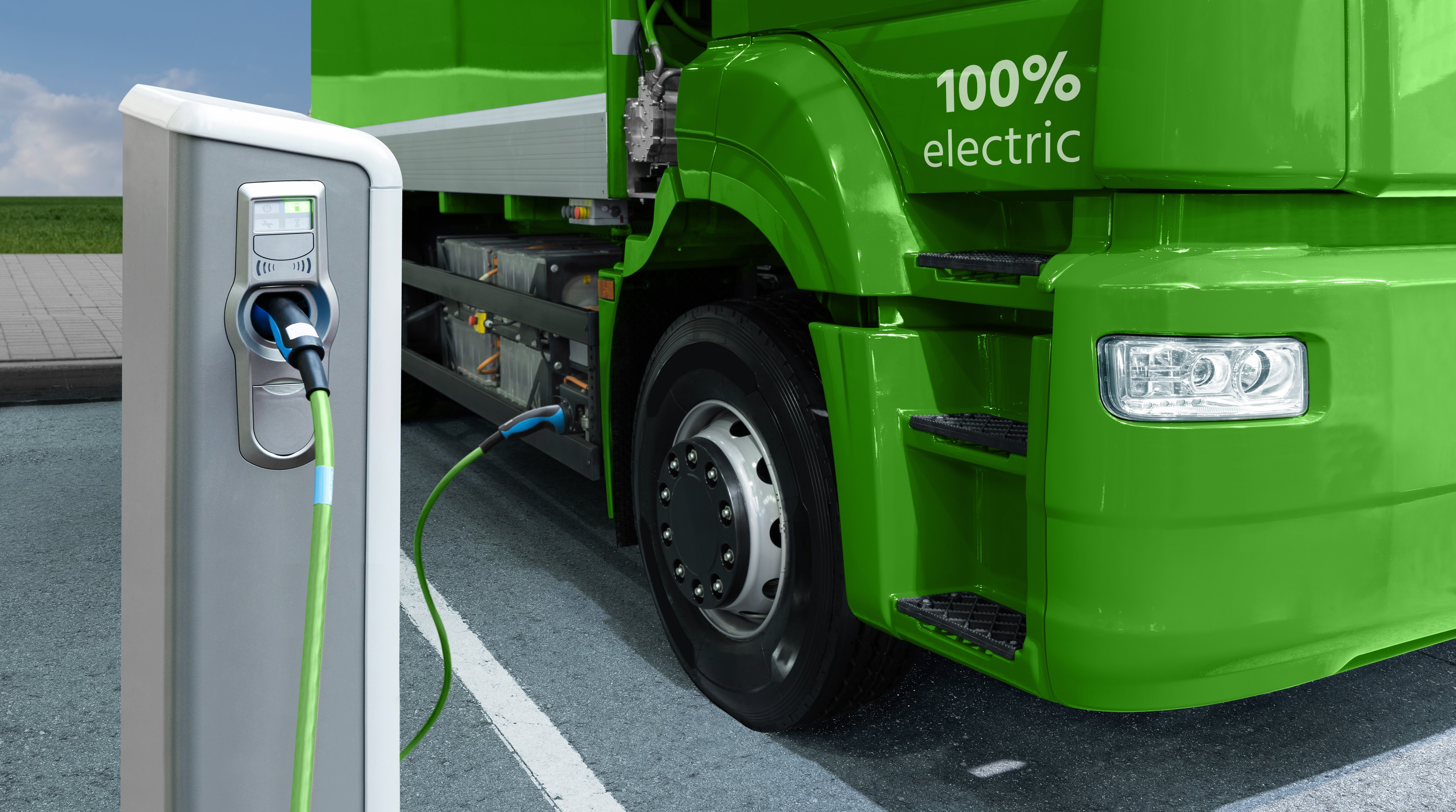
Stage 1. Burn Less
On the journey to net zero many companies have made significant strides in minimising their CO2 consumption by maximising efficiency and minimising fuel consumption. This can be seen as the first stop on the journey towards decarbonisation: reducing road miles to reduce emissions.
Optimising order patterns to reduce case pick (and increase layer and pallet pick) will enable larger drop sizes, less often, and improve vehicle fill. There also remains significant opportunity for suppliers to identify consolidation opportunities, empty legs and reciprocal flows, to reduce empty running.
In addition, rail offers a lower emission form of transport, contributing just 1.4% of the UK's domestic transport emissions.
Stage 2. Burn Clean
Once these efficiencies have been maximised, the next stage is burning clean. In the short term, biofuels provide a transitional energy source, resulting in up to 90% reduction in Greenhouse Gas emissions. While the supporting infrastructure for EVs still needs significant development, EVs hold immense opportunity for the future of burning clean.
Whilst investment is required to transition to alternative fuels, the savings generated in stage one can help support this. In addition, collaboration can assist an operator on this journey; sharing knowledge, experience, and infrastructure can help manage the cost challenge associated with a move to alternative fuels.
Stage 3. Neutralise
While net zero strategies should reduce emissions as far as possible in the first two stages, it is not always possible to eliminate all carbon emissions. In these circumstances carbon offsetting can benefit net zero strategies. Offsets invest in activities that reduce carbon elsewhere, for example waste-to-energy projects. Investing in certified high-quality offsets helps ensure projects are as robust as possible.
While suppliers decarbonising their own logistics network already offers great insetting opportunity, insetting can be maximised by reducing emissions in other areas of the supply chain. For example ensuring ingredient suppliers are following the lowest-carbon farming practices.
Long term decarbonisation efforts require a shift from being a cost out operation. Instead, we must shape net zero strategies that enable the most efficient form of investment. By collaborating and sharing knowledge, we can tailor solutions to meet the unique needs and characteristics of different networks. This approach enables suppliers to further their journey to net zero, without unnecessarily inflating costs within the network.
Find out more about our Decarbonising Logistics Group collaborating to develop best practice and accelerate our members’ journeys towards net zero.
Find out more: https://info.simply-sc.com/decarbonising-logistics




